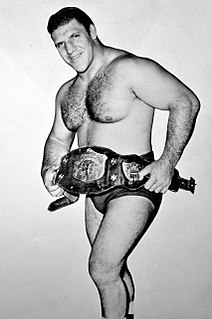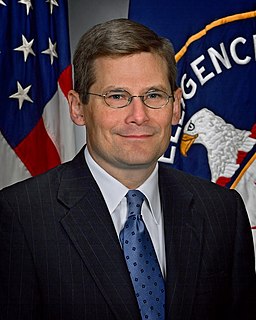A Quote by Margaret Cho
My history in show business spans over a quarter of a century, and I have seen many people in the industry struggle with coming out, only to find much more success after they finally did.
Related Quotes
In the last quarter of the 20th century, Britons have been understandably obsessed with the problem of having too little power in the world. In the third quarter of the 18th century, by contrast, their forebears were perplexed by the problem of having acquired too much power too quickly over too many people.
Many of the cemeteries are beautiful, and are kept in perfect order. When one goes from the levee or the business streets [of New Orleans] to it, to a cemetery, he observes to himself that if those people down there would live as neatly while they are alive as they do after they are dead, they would find many advantages in it; and besides, their quarter would be the wonder and admiration of the business world.
We're definitely in an era where the government wants to keep more secrets and it wants to come after anyone who's exposing those secrets and in many cases exposing government illegality. They're coming after the journalists and they're coming after the whistleblowers. It's not a good sign if the government is expending much energy trying to find out who journalists are talking to.
Television used to be made much more in a vacuum; the only feedback the audience had for a long time was in a Nielsen number that would arrive sometime after the show had been broadcast. And now, people are just completely engaged on so many levels, and I think that you have to find a way as a show creator to follow your own compass.
If I get stuck, I look at a book that tells me how someone else did it. I turn the pages, and then I say, 'Oh, I forgot that bit,' then close the book and carry on. Finally, after you've figured out how to do it, you read how they did it and find out how dumb your solution is and how much more clever and efficient theirs is!
Moreover, it is so important that people have the opportunity to share their stories and have them documented. There have been large-scale oral history projects after many events, from September 11th to Hurricane Katrina. Many oral history projects are much more confined, but equally valuable. We can learn about different working conditions, living conditions, trauma experiences and much more through oral history.
I don't like to hear anybody in show business complain, because I just find it to be such a grateful business. Because there are so many wonderful, creative souls out there and there are so few jobs. And, so, I just find myself thinking to myself "wow, if I could get into a show of any kind and have it last for a while" - that's when I find myself really happy.
One great lesson from history we need to keep on re-learning. It is that sometimes your adversaries tell you exactly what they're going to do. How many times did [Osama] bin Laden say prior to 9/11 that he was coming after the U.S.? ISIS made clear that when they established their caliphate in Iraq and Syria, they were coming after the United States too.


































